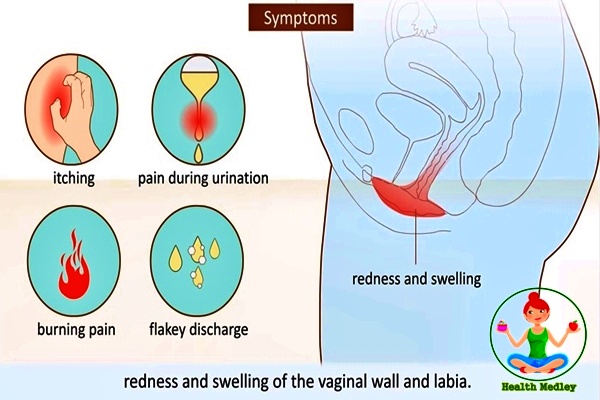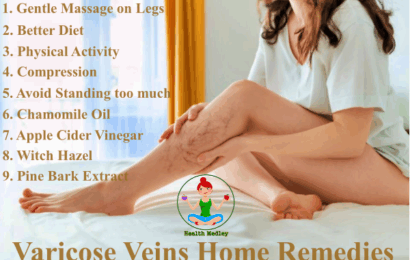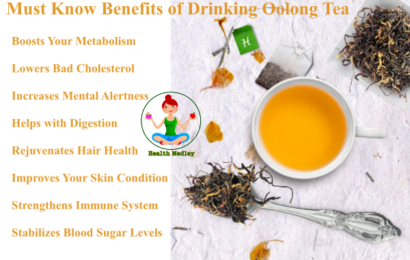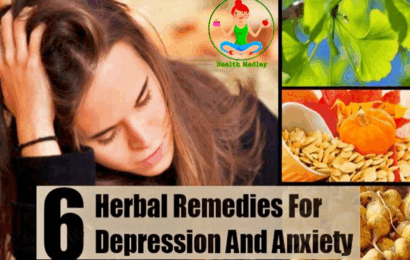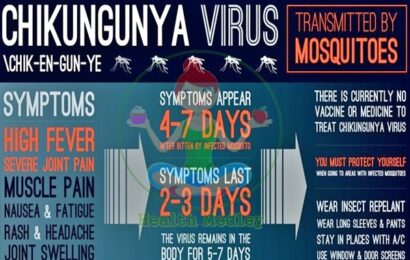Candidiasis, or commonly known as Vaginal Yeast Infection, is a very common female conditions on the list of gynecological problems. This infection is caused by a fungus called Candida. According to a number of reports, every 3 out of 4 women or 75% of the women in the world would have experienced this infection once during their entire lifespan. You can easily associate this fungal infection with vaginal itching, rash on genitals, and itching.
4 Disturbing Facts about Vaginal Yeast Infections
- About 75% women around the world have suffered from vaginal yeast infection at least once in their life.
- The risk factors and chances of the occurrence of yeast infection increases if you have suffered from it once before in your life.
- It is highly possible to transmit this disease reinfection to your male sexual intercourse partner even though it isn’t considered as a STD.
- You might feel itching, discharge and immense pain during intercourse or urination if you suffer from this infection.
Causes of Vaginal Yeast Infection
One of the root causes of vaginal yeast infections is the presence of a naturally growing microorganism around the female genital area. This micro-organism is known as Candida genus of yeast.
The female private parts are home to a number of bacteria including the Lactobacillus acidophilus, which keeps a check and control over many yeast and fungal infections. However, with growing imbalance in the body allows the yeasts to empower the bacteria and multiply near the vaginal area causing infection. These imbalances are mainly caused due to high estrogen levels in the female body.
There is an increase in the vaginal yeast infection during pregnancy phase due to the hormonal changes in a woman’s body. Other causes of Vaginal Yeast infection are uncontrolled diabetes, lack of sleep, poor eating habits, and a weak immune system.
Symptoms of Vaginal Yeast Infection
Usually, you can find a common set of signs of infection in vagina. Also, the time taken before the treatment of the yeast infection can impact the severity of the symptoms also and you can suffer long term consequences of the infection. Some of the commonly found symptoms include:
- Bleeding
- Burning
- Itching
- Soreness
- Rash
- Large amounts of Vaginal Discharge
Diagnosis of Vaginal Yeast Infections
You will find the diagnosis of vaginal yeast infections would be very easy to be done. The doctors would usually start of by getting a hint about your medical history and any past diseases you suffer. You might have to go through a pelvic exam where the doctor would examine the vaginal area to find any external sign of yeast infection. A sample of your vaginal infection will be further tested to determine the presence of vaginal infection.
Prevention of Vaginal Yeast Infections
As they say, the best way to get rid of vaginal yeast infection is by preventing them from occurring. You can protect yourself from vaginal infection and other vaginal problems by taking the following precautionary steps.
- Always make sure that your vaginal area is kept clean. Use water and an unscented soap to do so.
- Make sure you wipe clean your vaginal area from front to back to avoid spreading yeast after using the toilet.
- Avoid wearing body-tight clothes such as tight-fitting jeans and panty hose as they can increase the body heat and moisture around your genital area.
- Change your tampons or pads often.
- Choose cotton underwear as they help to keep the genital area dry and do not hold moisture and warmth.
Treatment of Vaginal Yeast Infections
Always remember one thing that every women suffering from this infection has to be treated differently because each vaginal yeast infection is very different to others. Usually doctors decide the treatment for infection in female private part depending upon the severity of the infections.
Simple Infections
If you are showing early signs of infection or the severity level is not that high, doctors would usually recommend the following natural ways to cure vaginal infections.
- Follow a 1-3-day antifungal cream, tablet or ointment regimen. Some of the highly recommended antifungal medications include Butoconazole, Monistat, Terconazole, and Miconazole.
- In some cases, doctors might also recommend you with a single dose of oral medication including the fluconazole.
Women are highly requested to follow-up to their doctors if the yeast infection crop up inside 2 months after following the above treatment.
Complicated Infections
There are a few types of vaginal infections that do not respond to simple treatment methods. This would mean that the severity level of your infection is slightly higher. Some of the highly effective solutions for the treatment of severe yeast infections are:
- 14-day ointment, cream or suppository vaginal treatment.
- Long-term prescription of Diflucan or fluconazole for six weeks.
Home Remedies for Vaginal Yeast Infections
There are a number of medicines or treatments that you can follow as home remedies for vaginal yeast infections. These include:
- Boric acid or garlic vaginal suppositories.
- Tea tree oil cream.
- Plain Yogurt inserted into vagina.

